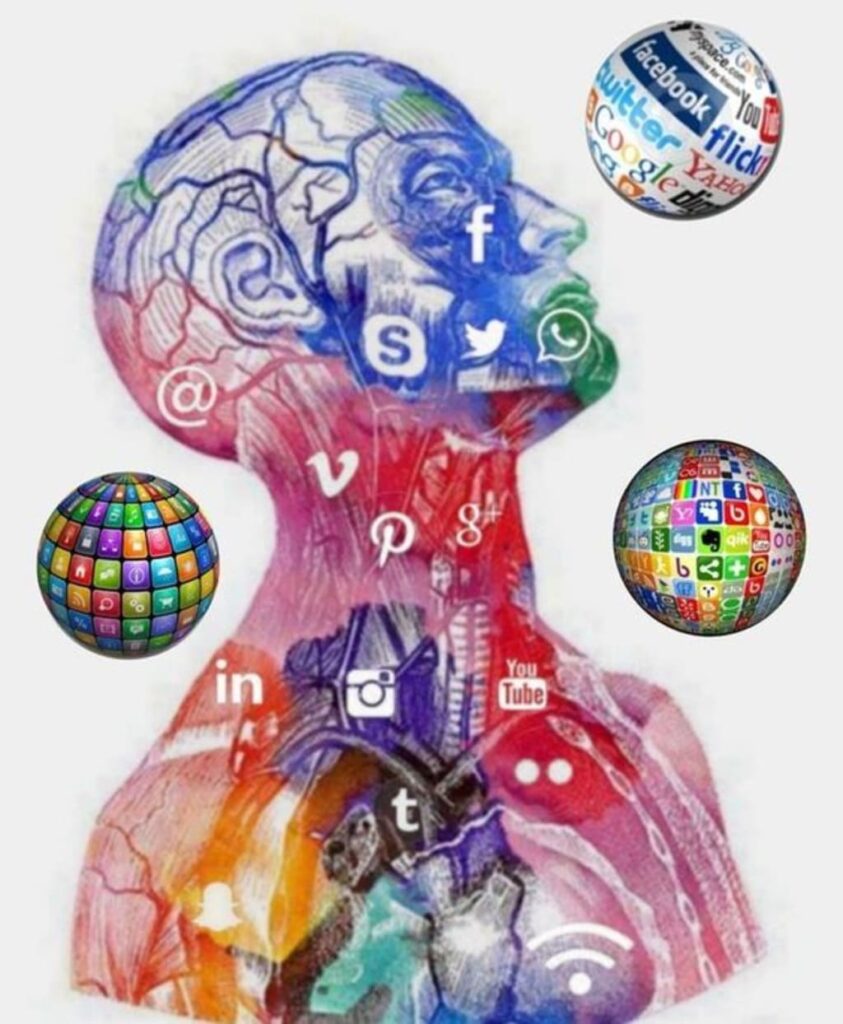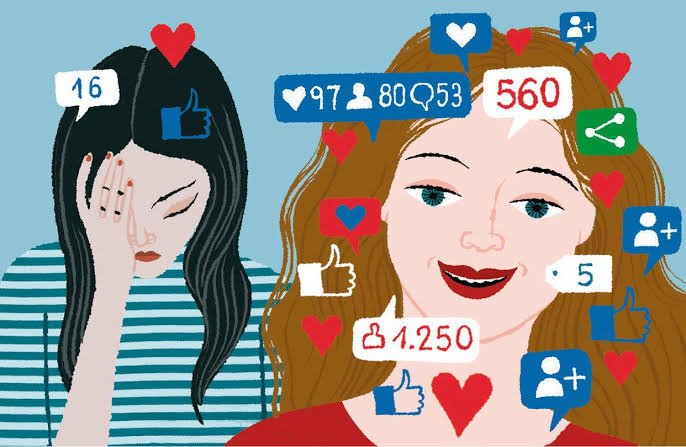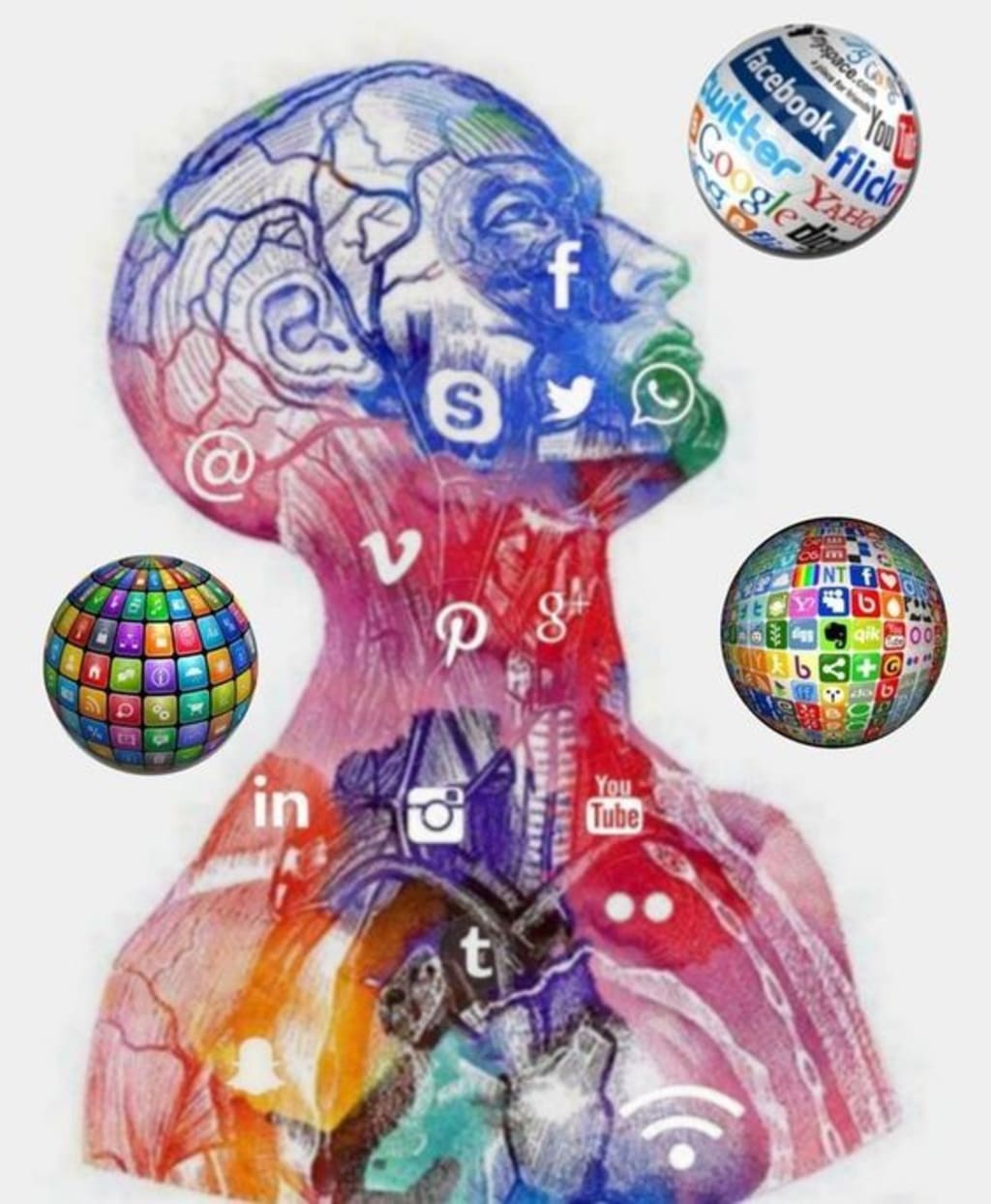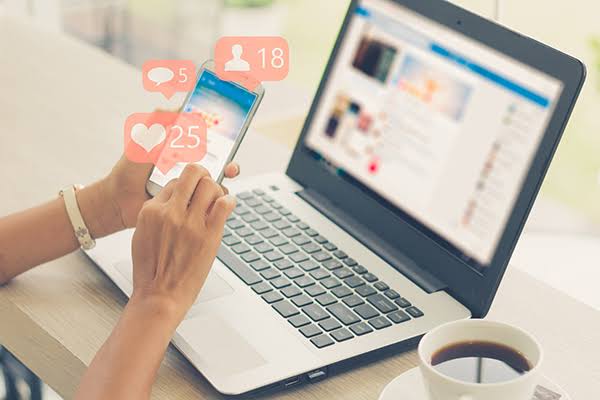Social media has become an important part of modern life. People use platforms like Instagram, TikTok and X (Twitter) to connect, share and express themselves. While these platforms can promote creativity and communication, they can also affect how individuals see themselves. The link between social media usage and self-esteem is complex, showing both positive and negative outcomes depending on how and why people use these platforms.

For many users, social media offers validation through likes, comments and followers. These features can make people feel appreciated and valued. However, they can also create pressure to appear perfect online. When people start comparing their lives to others, especially influencers or celebrities, they may begin to feel inadequate. This constant comparison often lowers self-esteem, making individuals doubt their worth or appearance.
Studies show that spending long hours on social media can increase feelings of loneliness and anxiety. The highlight reels people share rarely reflect real life, yet many users still measure their success and beauty against these filtered standards. This digital illusion can distort self-image and lead to unhealthy habits such as over editing photos or chasing online approval. Teenagers and young adults are particularly vulnerable since they are still developing their sense of identity.

On the other hand, social media can also boost confidence when used positively. It allows users to build communities, share achievements and connect with people who share similar goals or experiences. Online support groups and motivational pages can inspire self-growth and promote body positivity. When individuals use social media mindfully, it becomes a tool for connection rather than comparison.



